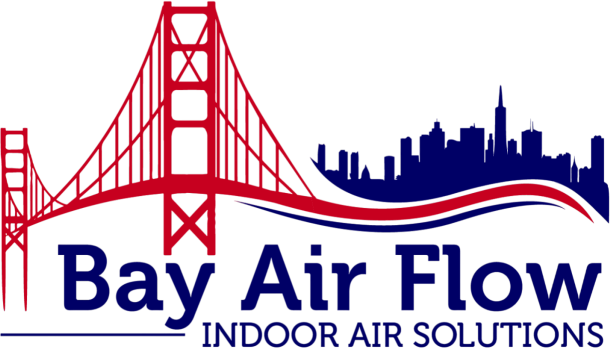FAQs
Bay Air Flow
What is the average lifespan of an HVAC system?
An HVAC system typically lasts between 15 and 25 years. The exact lifespan depends on factors such as regular maintenance and frequency of use.How often should I have my HVAC system serviced?
For optimal performance and longevity, it is advisable to schedule professional servicing of your HVAC system annually.What are the benefits of regular HVAC maintenance?
Regular maintenance of your HVAC system provides multiple advantages, including lower energy costs, enhanced system efficiency, and extended equipment life.How can I improve my home's indoor air quality?
To enhance indoor air quality in your home, consider regular air duct cleaning, prompt filter changes, installing UV lights, and using HEPA air filters.How can I make my HVAC system more energy-efficient?
One of the most effective methods to improve your HVAC system's energy efficiency is through regular maintenance performed by certified technicians.What is the difference between a heat pump and a furnace?
A heat pump provides both heating and cooling, while a furnace generates heat by combusting fuel, typically gas. Heat pumps are generally more energy-efficient and can be more economical to operate over time.How do I know if my HVAC system needs repairs or a replacement?
Indicators that your HVAC system may require repairs or replacement include inadequate heating or cooling and unusual sounds coming from the furnace, air conditioner, or heat pump.What is a SEER rating, and why is it important?
SEER, which stands for Seasonal Energy Efficiency Ratio, measures an appliance's energy efficiency. In California, HVAC systems must have a minimum SEER rating of 15, ensuring a specific level of energy efficiency.






